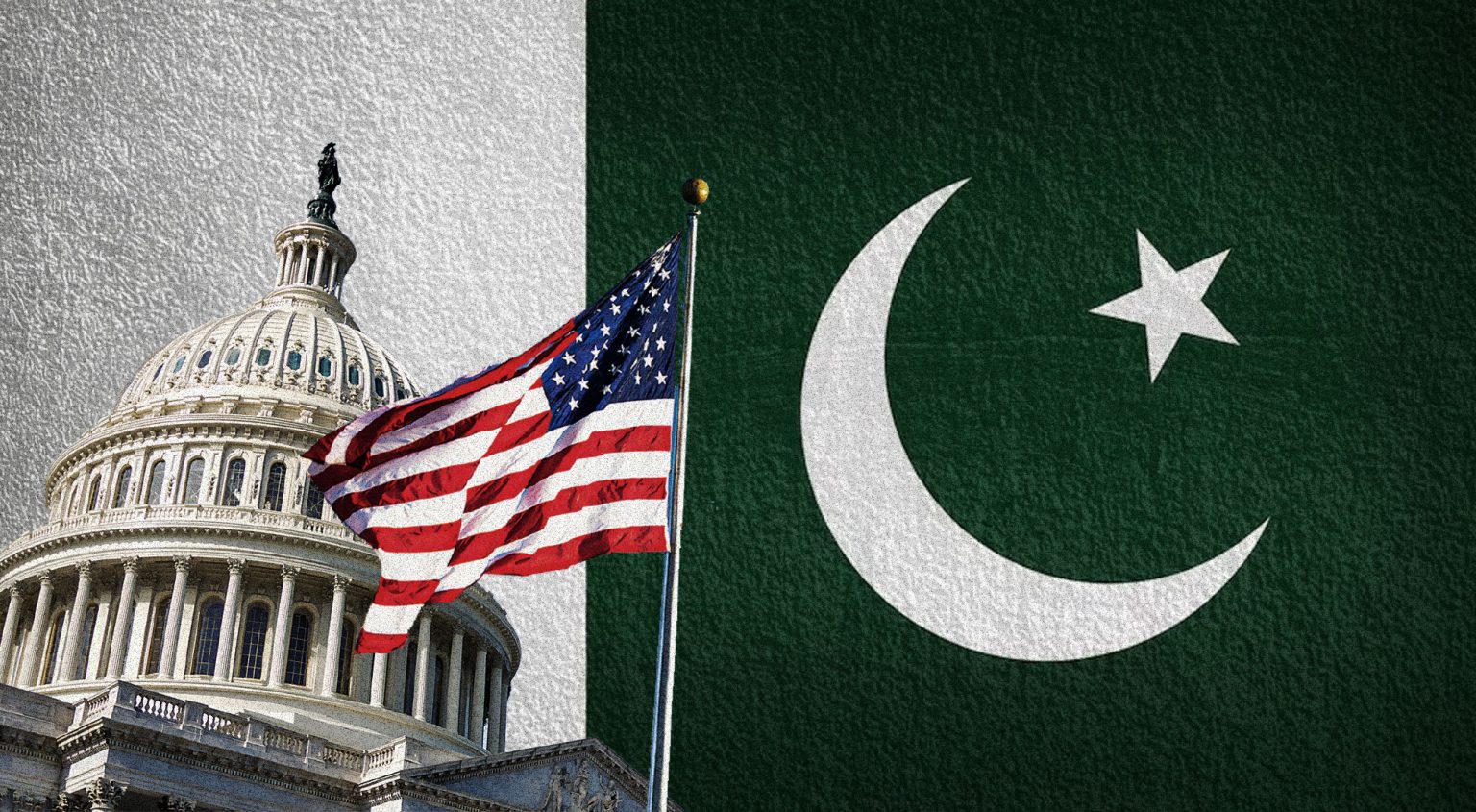Historically, the nature of Pakistan-US relations is transactional and often lopsided with divergent strategic interests on key issues. Since the beginning of bilateral ties in the 1950s, Pakistan and the United States have had a chequered history, establishing no permanent basis of relationship. After the US withdrawal from Afghanistan in 2021, the fragility of Pakistan-US relations have been exposed once again, requiring both states to find avenues of cooperation beyond traditional security concerns.
The most significant avenue of cooperation between Pakistan and the US in recent years has been counter-terrorism. Despite diplomatic challenges, Pakistan has facilitated the United States, time and again, in regard to counterterrorism. The arrest and extradition of the Islamic State Khorasan (IS-K) terrorist, Sharifullah, behind the August 26, 2021, horrendous attack on the US Marines, highlights the significance of the US-Pakistan counterterrorism partnership for regional and global peace. This cooperation, between CIA and Pakistan’s Intelligence services over Sharifullah ‘s capture, accused of planning the Abbey Gate bombing at the Hamid Karzai International Airport in Kabul, serves as a reminder for the Trump administration that Pakistan remains central to the US counterterrorism efforts.
The provision of security assistance to the Trump administration could be Pakistan’s strategic move, but its long-term cooperation with the US depends largely on shared interests and mutual trust. In this regard, past experiences demonstrate that security cooperation alone does not ensure a viable long-term partnership. For a sustainable relationship, security collaboration must be complemented by economic partnership, technological exchanges, and diplomatic engagement. Otherwise, history might repeat itself as a sporadic pattern of our bilateral interaction. While formal alliance and strategic partnership may not be on the table, Pakistan and the US could tap into potential areas of cooperation, especially in key areas of mutual benefit like critical minerals and Information Technology (IT).
Read More: The Future of BRICS with Trump in Power
Sharifullah’s arrest serves as a reminder that Pakistan and the United States will remain intertwined in a need-based relationship when it comes to counterterrorism. As terrorism surges regionally, and as Islamic State (IS) and its regional factions continue to function as the world’s deadliest terrorist groups, Pakistan will remain crucial to global counterterrorism efforts. However, intelligence sharing with the US could become a double-edged sword, exposing Pakistan to retaliatory attacks. Therefore, a robust, well-fashioned, and coordinated counterterrorism strategy must be pursued by both states to mitigate the menace of terrorist attacks.
Besides cooperation in counter terrorism, both Pakistan and the US are collaborating to serve economic interests of each state. Pakistan is the largest export destination for the US ($5 billion annually) and the US invests in Pakistan’s key sectors like energy and technology. However, President Trump’s protectionist trade policies could undermine Pakistan’s exports. Suspension of USAID projects and uncertainty regarding the US Pakistan Green Alliance– the Climate resilience initiative- highlight myopic scope of security cooperation between the two states, urging Pakistan and the US to focus on developmental partnership.
To broaden the bandwidth of relations between Pakistan and the US beyond security issues, Pakistan needs to diversify its exports market away from textiles. For example, Pakistan has the world’s fifth largest coal reserves. This could be a potential area for cooperation between Pakistan and the US. Investment in Pakistan’s mining sector could provide the US with a chance to have access to critical minerals for its products, while reducing its dependency on China for supply of critical minerals. Given considerable amount of untouched coal reserves and cost-effective extraction of these mineral resources, Pakistan could offer stable supply of these critical minerals.
With rising trends towards clean energy and new technological innovations, demand for rare earth minerals has increased. The United States could access Pakistan for its abundant coal reserves before other global competitors. Given Pakistan’s stable supply chain of minerals, investment in Pakistan’s mining sector could be cost effective for the US. However, the United States has ignored Pakistan in the past while carrying out its resource planning. As the US is negotiating with Ukraine for critical minerals like copper and due to high cost of rare earth minerals in Australia and Canada, Pakistan’s untapped minerals offer economic and strategic imperatives for the US investments.
Since last seven decades, Pakistan has been a significant beneficiary of the United States in availing of educational opportunities through America’s largest Fulbright program in the world. The US government through its educational exchange programs brings almost 800 Pakistanis to the United States every year in pursuit of knowledge and cultural exchange, strengthening people to people ties to nurture enduring Pakistan-US relations.
However, the suspension of the USAID program and the unilateral imposition of sanctions on Pakistan’s state-owned National Development Complex (NDC) undermine the stability of Pakistan-US relations. Policies that isolate key partners prove counterproductive, especially when global security challenges demand multilateral cooperation. To maintain stability in South Asia and beyond, the US must adopt policies that strengthen rather than weaken its relations with Pakistan.
In conclusion, Pakistan-US ties have been shaped by a complex interplay of collaboration, alignment, and friction. To ensure stable relations, a comprehensive strategy encompassing diplomatic, security, economic, and regional issues must be formulated. The future of Pakistan-US relations can be more fruitful if commercial and economic matters take precedence over security concerns.
This article has been published in another form at: https://globalsecurityreview.com/pak-us-relations-areas-of-engagement-beyond-security-cooperation/
Ms Nawal Nawaz is Research Assistant at the Center for International Strategic Studies (CISS), Islamabad.
